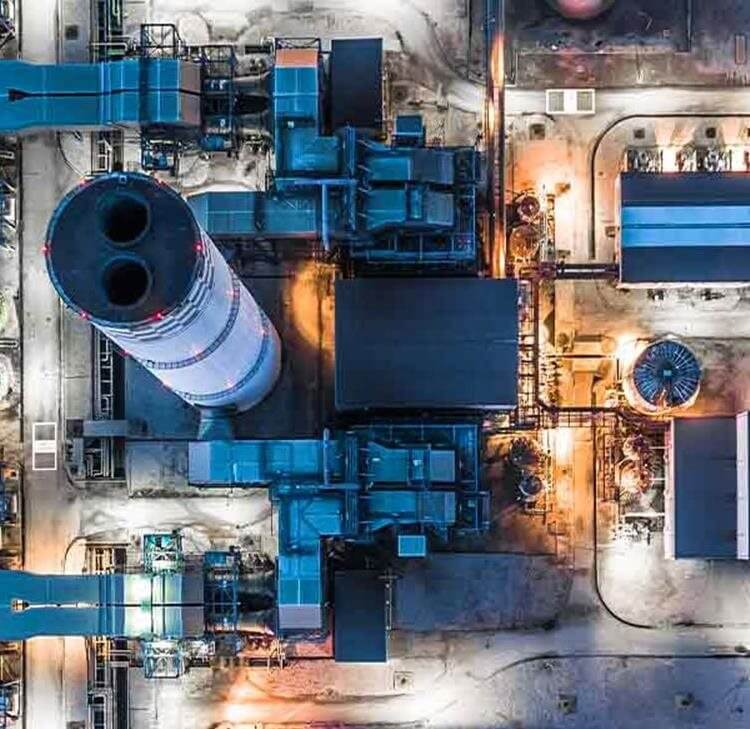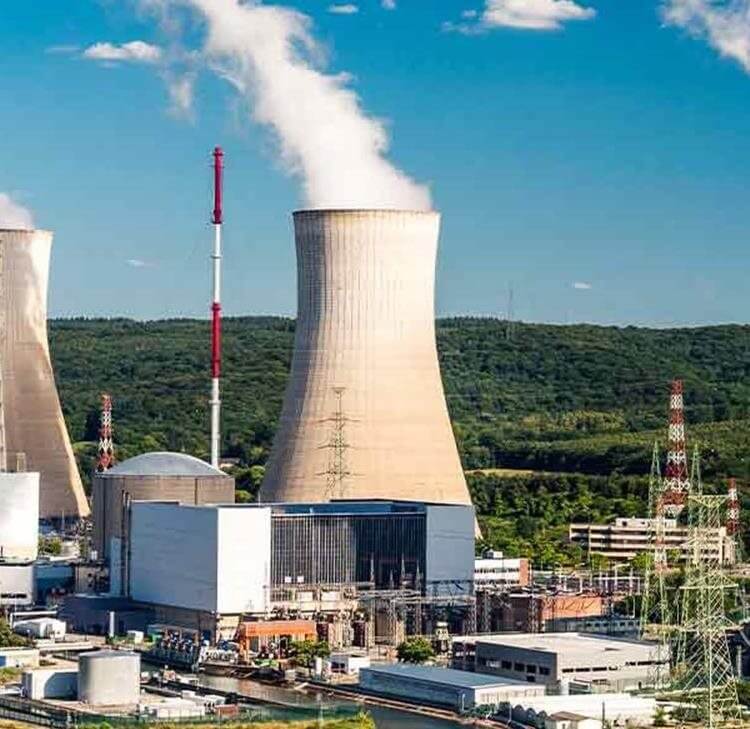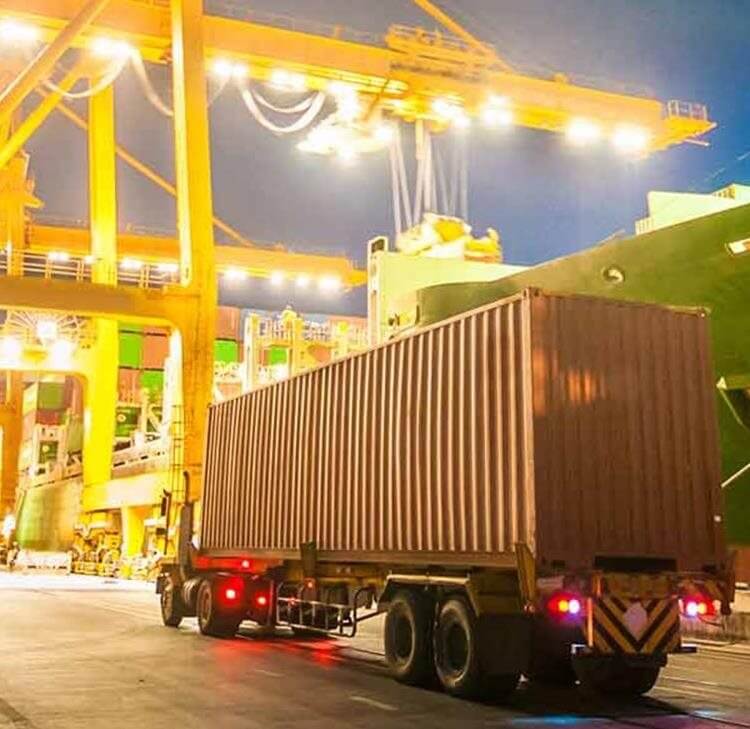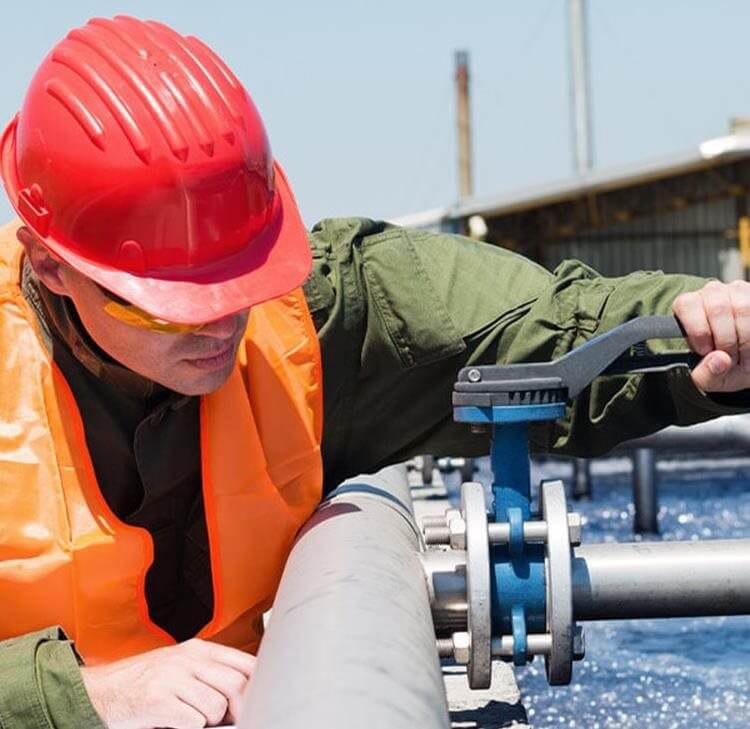Deal or no deal - the impact of Brexit for the gas industry
In the wake of the Brexit withdrawal deal being unequivocally rejected by Members of Parliament on 15 January 2019, there is significant uncertainty for not only the gas sector but for the economy in general.
In the wake of the Brexit withdrawal deal being unequivocally rejected by Members of Parliament on 15 January 2019, there is significant uncertainty for not only the gas sector but for the economy in general. Whilst it is not clear what Brexit will exactly look like on 29 March 2019, there appear to be three potential outcomes: (1) the UK government successfully negotiates amendments to the existing Withdrawal Agreement (WA) with the EU; (2) the UK leaves the EU without a deal (a “no-deal” Brexit); and (3) the UK remains in the EU by revoking Article 50. The UK may also seek an extension to the current two-year Brexit period, which would ultimately be followed by one of these options, however this can only be granted by the unanimous agreement of EU member states.
1. Successfully renegotiating the existing WA with the EU
Since the MPs voted by 432 votes to 202 to reject the current version of the Withdrawal Agreement, the UK has been under pressure to seek further concessions from the EU. However, the European Commission has made it clear that it is not open to renegotiation of the WA. The Prime Minister has made it clear that its focus is on the terms of the so-called “backstop” arrangements for the Irish border. It is unlikely that the WA will be changed dramatically, so it is worth highlighting how its current terms might impact the gas sector.
The WA does not refer to the gas sector. However it does provide guidance on goods and services and the free movement of workers, both of which are crucial to the gas sector.
Under the WA, trading gas between the UK and the EU will continue as usual until the end of the transition period, which is currently set at 31 December 2020. Until this date, the UK will be able to remain in the EU customs union and the single market, but the UK will not be able to influence EU law which relates to the gas sector. The UK and the EU will need to come to an agreement on their future trade relationship by the end of the transition period, otherwise the Irish backstop will be triggered and the UK will be aligned with EU trade regulations. The result of this will be an administrative headache for gas companies who trade with the EU, regardless of whether their goods are shipped between Northern Ireland and the Republic of Ireland; the only benefit being that the goods that are shipped between the UK and the EU might not be subject to tariffs.
Under the WA, EU workers who are working in the UK or those that move to the UK during the transition period will be able to remain in the UK on a long-term basis after the transition period has ended. The government has indicated that after this withdrawal period, workers will be subject to the same treatment as non-EU workers and possibly there will be an introduction of a points-based system, but there may be some preferential treatment for EU workers who need to enter the UK on a short-term basis. In summary, in the short term there are unlikely to be changes for gas sector employees from the EU; however, in the long term, access to EU workers beyond the transition period may be more problematic. The UK will not be entitled to revoke the backstop once it is in force without the mutual agreement of the EU. This is a major reason why the backstop is so contentious and why the UK government is under pressure to amend the agreement to remove it.
2. A no-deal Brexit
Without an agreement, the default position under Article 50 TEU is that the UK will leave the EU and revert to World Trade Organization (WTO) rules. Paul Wheelhouse, Scotland’s energy minister, recently stated that “falling back on the WTO would be hugely damaging for the economy and the oil and gas sector within that.” Other commentators have suggested that a no-deal Brexit would lead to gas shortages and outages. In our view, a statistical analysis of the UK gas sector, as well as an understanding of the UK’s gas interconnectors with mainland Europe, does not add up to deficiencies for the UK gas sector. However it is highly plausible that increased costs could arise as a result of increasing the demand of gas on other non-EU gas supply chains.
According to British Gas, whose sources derive from the Department for Business, Energy and Industrial Strategy statistics, 44% of the UK’s gas comes from UK production of gas, 9% from LNG tankers, largely deriving from Qatar, and the remaining 47% comes from Europe, most significantly from Norway, Russia and Turkey, all of which are not EU member states; therefore it is likely that the UK will continue to have a strong gas supply. This is boosted by the fact that the energy minister of Qatar has viewed Brexit as a good opportunity - “[they] will always be there to supply the energy required. Certainly we can contribute to the UK’s need” - as well as the potential fracking potential available on the UK mainland as indicated by the British Geological Survey. What can be inferred from this analysis is that no matter what the outcome of Brexit, the UK is not heavily reliant on the EU for its gas supply. Oil and gas from Norway, the North Sea and the safety net provided by LNG imports from Qatar will continue to supply the gas demands of the UK. It is clear that gas will continue to flow, however what is not clear is how prices may change as a result of potential fluctuations in supply.
In the long term, the UK gas sector may, as a result of Brexit start to undertake more research and development of domestic natural gas, as well as accelerating the current advances of hydrogen as a cleaner form of gas for domestic use.
The government’s technical note on a no-deal Brexit
In order to prepare for a no deal, the UK government has published a technical note on trading gas with the EU if there’s no Brexit deal. This note provides a helpful analysis on the implications of a no-deal Brexit on the trade of gas between the UK and member states via interconnectors as well as the applicable codes. The key points to take away from this note are as follows:
Interconnector owners/operators: will need to engage with the relevant EU national regulators regarding three key matters:
- the requirements for re-approval for their access to the Capacity Allocation Mechanism Code rules;
- whether gas will continue to be traded on the basis of the rules; and
- whether there will need to be a reassessment of their Transmission System Operator certifications.
UK market participants: will need to engage with an EU regulation authority under the REMIT:
- to ensure trade with EU wholesale Energy Markets;
- to avoid any issue with cross-border trade; and
- for the purposes of market monitoring.
Stakeholders: will be provided with information on contingency requirements for domestic market monitoring later on in the year.
A key area not covered by the technical notice is the impact of changes to immigration rules on the UK gas sector. The UK government has stated that, irrespective of what form of Brexit occurs, the immigration systems will be subject to change. The sector depends on access to workers from the EEA and approximately 5% of the sector’s current workforce is from outside the UK. This figure should be read in light of recent reports indicating that the UK oil and gas industry needs to employ 40,000 staff over the next 20 years, access to workers and their key skills may be more complicated. As a result, gas businesses should get a grasp on the location of their workers and their movement between the UK and the EU.
3. Revoking Article 50
The third option is for the UK to revoke Article 50. Towards the latter stages of 2018, it was confirmed by the Court of Justice of the European Union that this could be done without the requirement for all EU member states to agree to the revocation. What would be needed is a formal process to notify the European Council of the UK’s intention to revoke Article 50. It is not clear at this stage what form this formal process would take, only that it needs to be “unequivocal and an unconditionally manner” and in accordance with the UK’s uncodified constitution. In the simplest of terms, the revocation of Article 50 would cancel Brexit and this could only be done through the approval by the public via a form of vote or the approval by Parliament. Once revoked the UK could remain in the EU on its exiting membership terms.
It is difficult to say what the implications for the gas sector will be if there is a revocation of Article 50; arguably it will just mean those in the gas sector will be able to operate as usual without the impending uncertainty of a no-deal Brexit or the potentially unnegotiable WA. The gas sector will still be able to access EU workers under the free movement of worker regulation, and where gas is traded between the UK and EU member states these interconnectors will be able to continually operate as usual.
Whichever path the UK takes, businesses in the gas sector should be preparing contingency plans and risk mitigation steps for the potential impact of Brexit on the gas sector. Three key things to consider now are:
- ensuring that the business has an understanding of its trade of goods and services with the EU;
- identifying which of your existing contracts go beyond 29 March 2019 and consider having them reviewed with regard to the implications they may have on the business as a result of Brexit;
- detecting the location of your workers and their movement between the UK and the EU, checking the dependency of your business on foreign workers, and looking at implementing strategies to protect your workforce through offering visa support.
Written by Selina Hinchliffe and Andrew Douglas.
This article was originally published by Gas International, 31 January 2019.









































